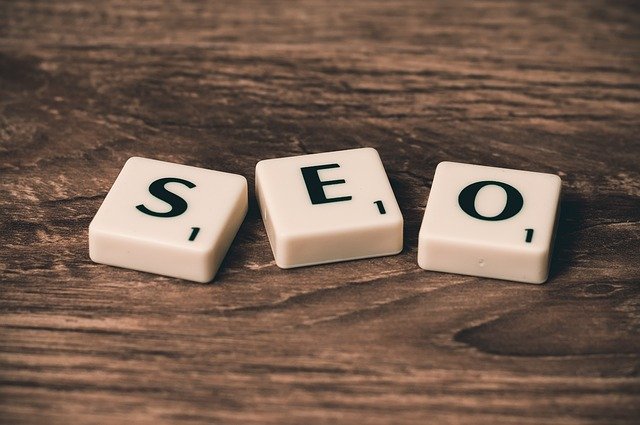One thing many people don’t know about search engine optimization is that it actually consists of two distinct disciplines—on-page SEO and off-page SEO. At first glance, the difference between the two should be fairly obvious. It’s right there in the name, after all.
At the same time, we still feel it’s important to take a bit of a deeper dive into the core characteristics of each one, if only to help you better understand SEO as a whole.
On-Page SEO
This is what a lot of people immediately think about when you mention SEO. It’s all the things you do on your own website to make it more attractive to both your audience and Google’s algorithms. The factors that directly impact on-page SEO include:
- Page speed
- Content quality
- Mobile friendliness
- Ease of navigation
- Load time
- Interactivity
- Visual stability
- Alt text, meta titles, and meta descriptions
- URL
- Keywords
Yeah, there’s kind of a lot—but that’s sort of to be expected. On-page is arguably the bread and butter of every SEO strategy. It’s all the stuff that’s directly under your control, meaning you can put as much effort into it as you’d care to.
Off-Page SEO
You probably know off-page SEO by another name—marketing. It’s basically a catch-all term for everything you do to promote your website and its content across the web (paid advertising aside). Some examples of off-page SEO include:
- Guest posts published on other websites
- Backlinks to your site
- Social media promotion
- Unlinked mentions of your business or brand
- Your Google My Business page
- Management of online reviews
As you’ve probably guessed, you have a bit less control over off-page SEO since it’s all external stuff. That’s not to say there’s no point putting any time or effort into optimization, mind you—quite the contrary.
Your SEO Strategy Should Include the Best of Both Worlds
On-page SEO and off-page SEO are ultimately two sides of the same coin. A good SEO strategy should make equal use of both. That said, on-page SEO must come first—it’s both the foundation and a springboard for off-page SEO.
After all, you don’t want to spend a bunch of time and effort promoting a website that’s a usability disaster or has little to nothing in the way of quality content.
Beyond that, we’ll leave you with one final piece of advice. Don’t obsess too hard over optimizing your site. While SEO is still important for bringing in organic traffic, what’s more important than anything is the kind of content you publish.
You can still succeed on the search engine results page if you have quality content that you haven’t bothered to optimize. People may still stumble across your site, read the content, and share it. The opposite, however, does not hold true.
